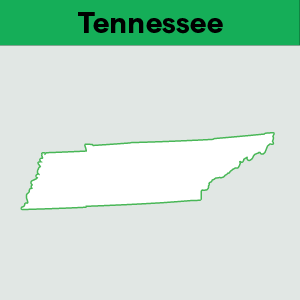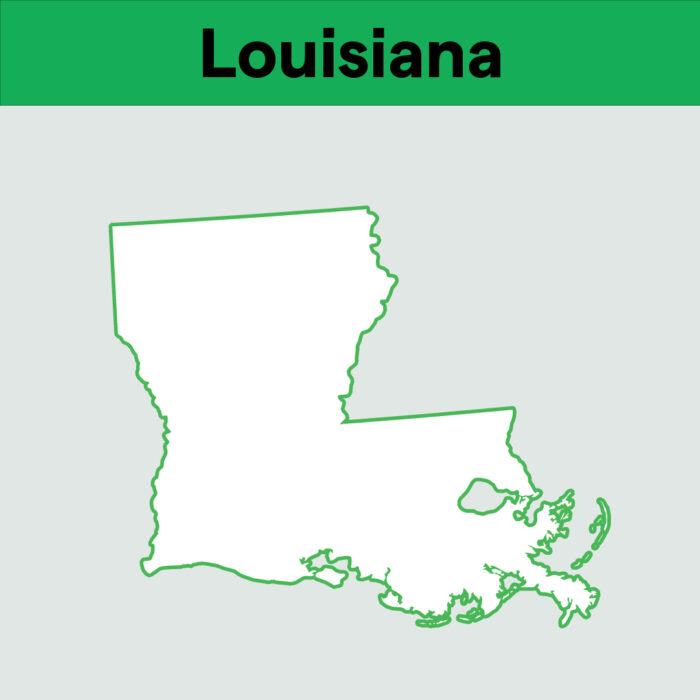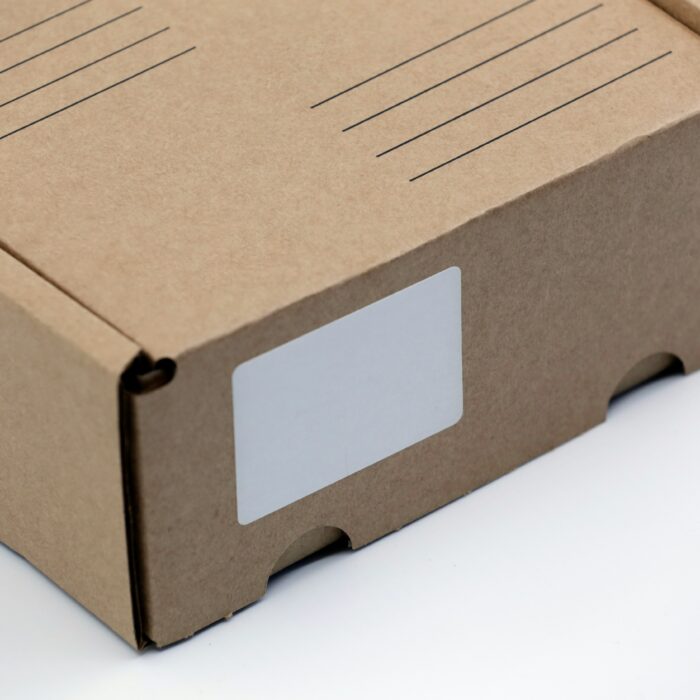Are meal subscription boxes taxable?
by September 15, 2025
For businesses, subscriptions are a great way to create monthly recurring revenue and loyal customers. But what about sales tax? Are boxes filled with meal ingredients taxable?
Whether or not a business is required to charge sales tax depends on two interdependent factors:
- In which states is your business required to collect sales tax?
- Are the products in your meal subscription box taxable?
Let’s dig into the taxability of it all before digging into a tasty meal that arrives on our doorsteps.
Where is your business required to collect sales tax?
In the US, sales tax is administered at the state level. Forty-six US states and Washington D.C. all have a sales tax.
Businesses are required to collect sales tax from buyers in states where they have sales tax nexus. Nexus is just a fancy Latin way of saying “tie or bond.”
These factors commonly create nexus:
- Having an office, store or other location in a state (even a home office)
- Having an employee, salesperson, contractor, etc. in a state
- Owning a warehouse or storage facility in a state
- Storing inventory in a state (such as in an Amazon FBA warehouses or other 3rd party fulfillment center)
- Having a 3rd party affiliate in a state
- Temporarily doing physical business in a state for a limited amount of time, such as at a trade show or craft fair
- Economic nexus – Making a certain amount of sales in a state (either a certain dollar amount or a certain number of transactions)
Meal subscription kit businesses generally need to consider where your offices and employees are located, where your inventory is stored, and in which states your business grosses enough to have economic nexus.
For example, a meal subscription service with headquarters in Vermont, employees in Georgia, and warehouses in Nevada and Kentucky would have nexus in those four states due to the business’s physical presence there. Then, after business takes off, this same service might have economic nexus in any or all of the 46 US states with an economic nexus law, depending on sales volume in each state.
Not sure where your business has nexus? TaxJar’s Economic Nexus Insights Dashboard will show you in which states your business has economic nexus.
But finding out where your business has nexus is just the first part of the equation. From there, it’s time to ask:
Are the products in your meal subscription box taxable?
This is where sales tax compliance for meal subscription kit businesses gets a little trickier.
Grocery items
In the US, most “tangible personal property” is taxable. But, like we mentioned above, states are allowed to administer their own sales tax rules and laws. And, while food is a tangible item (meaning you can touch and taste it), most states consider grocery items, such as those that might be included in a meal subscription box, to be tax free.
Other states that don’t consider grocery food to be totally tax free generally allow for a sales tax discount. For example, in Illinois grocery items are taxed at a 1% reduced sales tax rate.
If your subscription box only includes grocery items, then you may not have to collect sales tax on the contents of the box at all, or you may be required to charge sales tax on them, but at a reduced rate.
For the handful of states where grocery items are taxable, you’d be required to charge the combined state and local sales tax rate just like when selling any other item.
This blog post outlines in which states grocery items are taxable.
Prepared food items
Unlike grocery items, prepared or ready-to-eat food is generally taxable. So if your meal subscription box includes a prepared dessert that does not require any additional preparation before your customer consumes it, those items may not be included in a state’s sales tax exemption.
Of course, the beauty of a meal kit is that you are likely charging for the entire kit and not each individual item. In this case, you’d have to exercise extreme caution when collecting or not collecting sales tax. Let’s say you sell lots of non-taxable fruits and vegetables and one prepared dessert in a subscription box for $30 total. To be safe, you’d likely want to charge sales tax on the entire transaction because it includes a taxable item, or remove the prepared dessert from the bundle and charge your customer the price of the taxable item (plus sales tax) separately.
Other items sold in meal subscription boxes
Say you sell meal kits but you also sell additional items like pots and pans or mixing bowls. In this case, those mixing bowls are considered tangible personal property and are taxable in every state with a sales tax.
If you include some organic chicken (non-taxable), some veggies (non-taxable) and a mixing bowl (taxable) in your subscription box, you again deal with the problem of a mixed taxability shipment. Just like with prepared food, the safe route is to either collect sales tax on the entire price of the box or separate out the taxable mixing bowl and charge for that item, including its sales tax, separately from the non-taxable meal kit.
We always recommend speaking with a vetted sales tax expert about your specific situation in order to maintain sales tax compliance.
Sales tax on shipping charges
Though some meal kit companies have begun selling their products in retail stores, many are still shipped directly to a customer’s front door.
Some meal subscription box companies charge separately for shipping, while others also consider shipping a part of the subscription.
And here’s where we run into our next meal subscription box sales tax issue.
Shipments with separately stated shipping charges
A “separately stated” shipping charge is when you charge your buyer for the price of an item and then charge them an additional shipping charge. (Ex: $10 for a book plus a $3 fee to send the book via USPS.)
A good number of states consider separately stated shipping charges taxable. And in those states, they generally only consider shipping charges taxable if the goods in the shipment are also taxable.
Example: Groceries and separately stated shipping charges are both taxable in South Dakota. If your meal subscription service ships a box of grocery ingredients to a buyer in South Dakota, state sales tax law would require that you also charge sales tax on any separately stated shipping charges that you charge to the buyer.
Groceries are tax exempt in Connecticut, but shipping charges are taxable in that state. So, even though shipping charges in Connecticut are generally taxable, if you ship an identical box of groceries to a buyer in Connecticut, you would not be required to charge sales tax on that box of groceries, simply because the groceries in the shipment are not considered by Connecticut to be taxable items.
Third, in a state like Alabama, where groceries are taxable but shipping charges are not taxable, you’d charge sales tax on the price of the meal kit, but not on the separately stated shipping charge.
Shipments with shipping charges included in the price of the kit
Again, one of the big attractions of meal kits is that they include a whole bunch of items for a discounted rate and are usually priced at a flat fee.
So what if you have decided to include the shipping charges in the price of the kit? In this case, you don’t have to worry about charging sales tax on separately stated shipping charges. Though you still do have to worry about whether or not the items in your subscription boxes are taxable or not, and then charge (or not charge) sales tax accordingly.
Last but not least, some states have different laws if you are delivering your products in your own vehicles rather than via a common carrier (USPS, UPS, FedEx, etc.). We always highly recommend speaking with the state in question or a vetted sales tax expert to determine whether you should be charging sales tax on shipping charges when mailing out your subscription meal kits.
Ready to automate sales tax? Sign up for a free trial of TaxJar today








